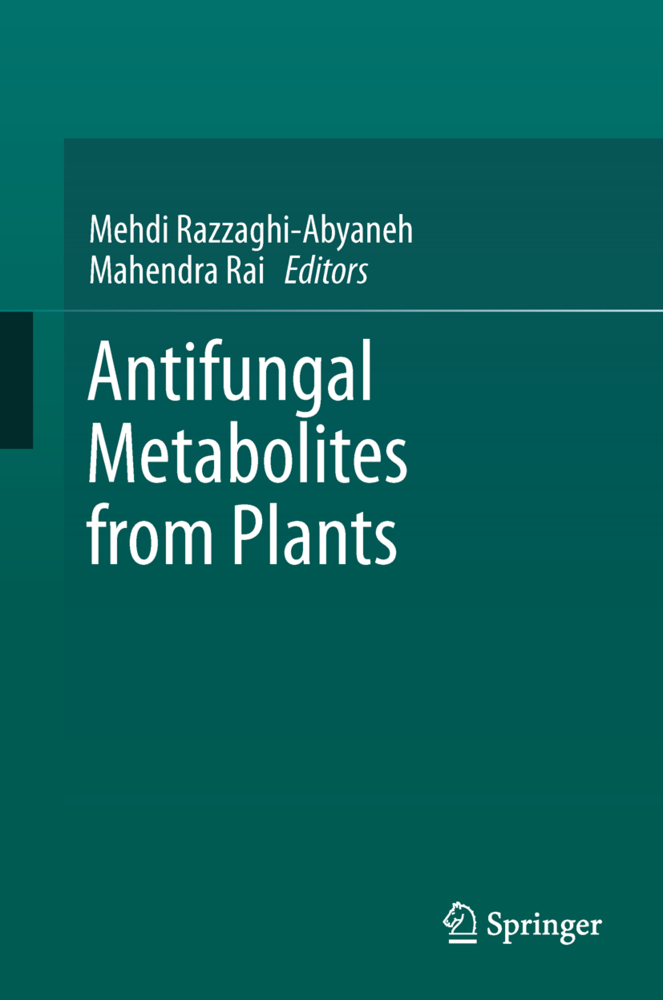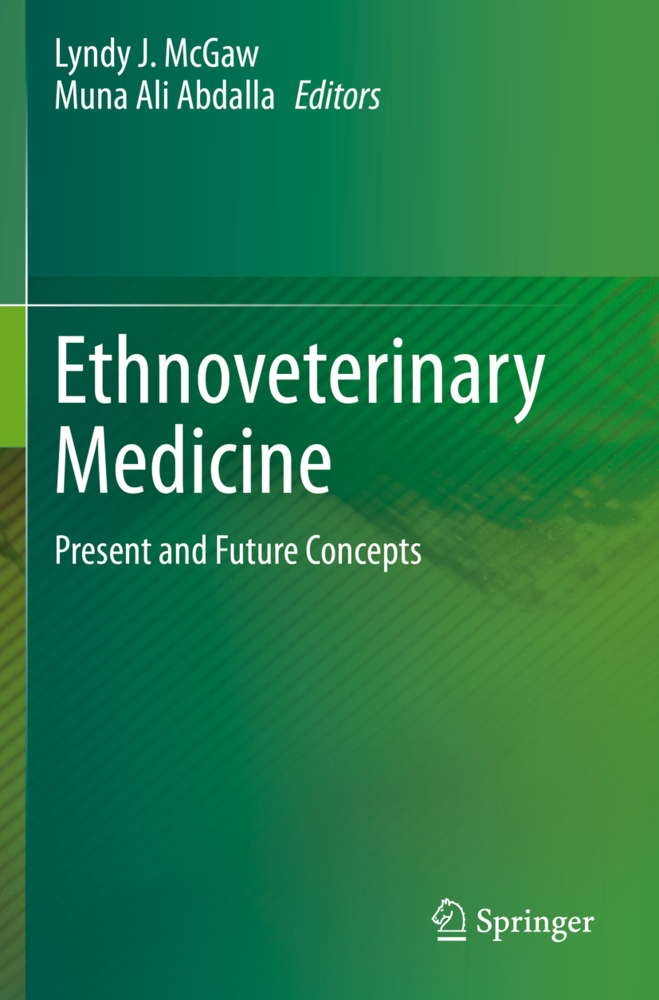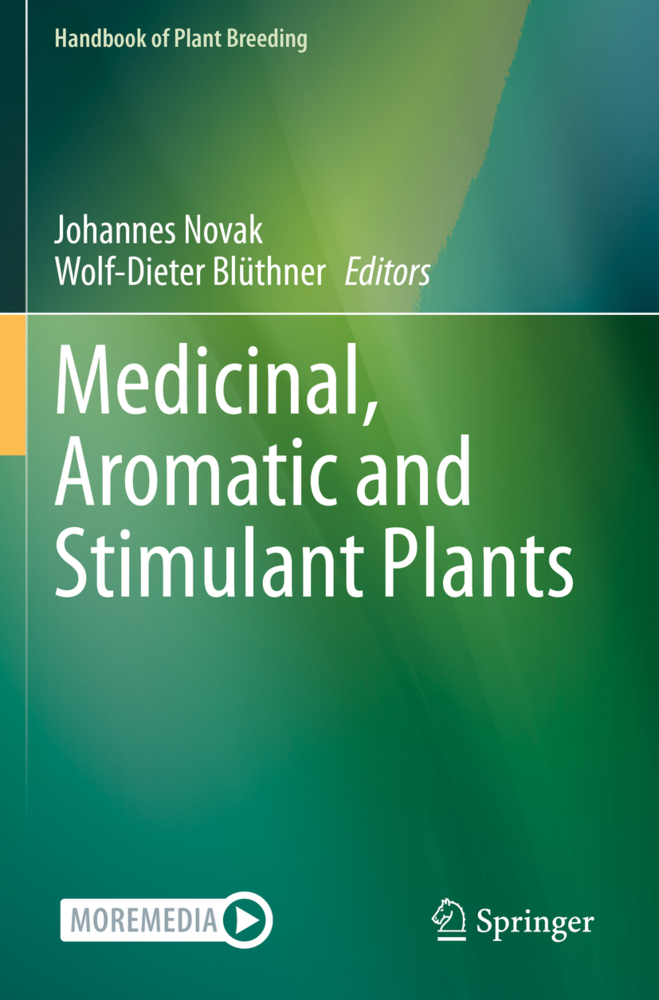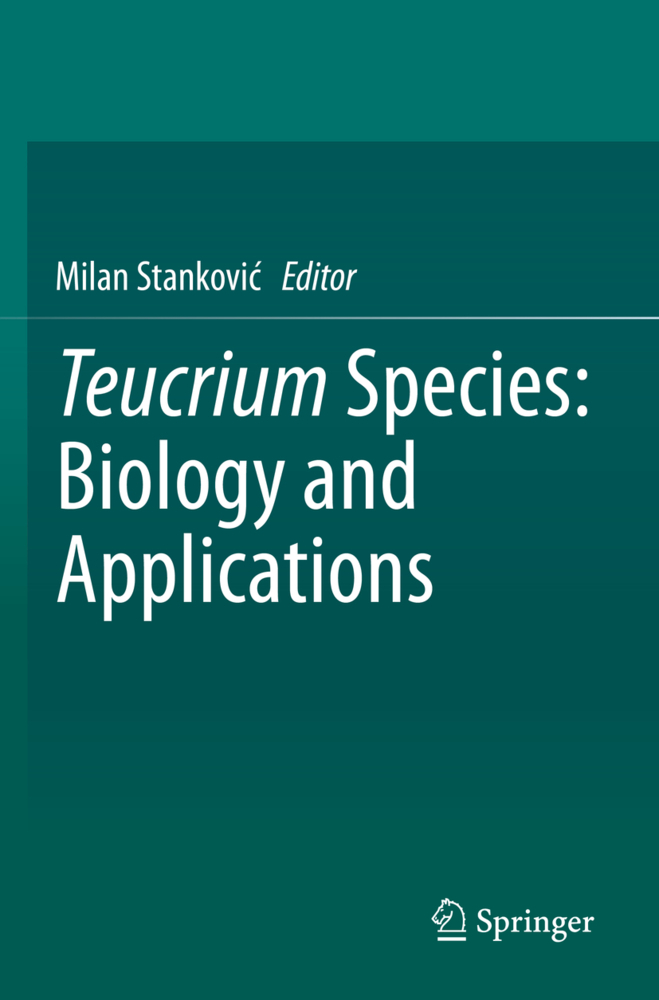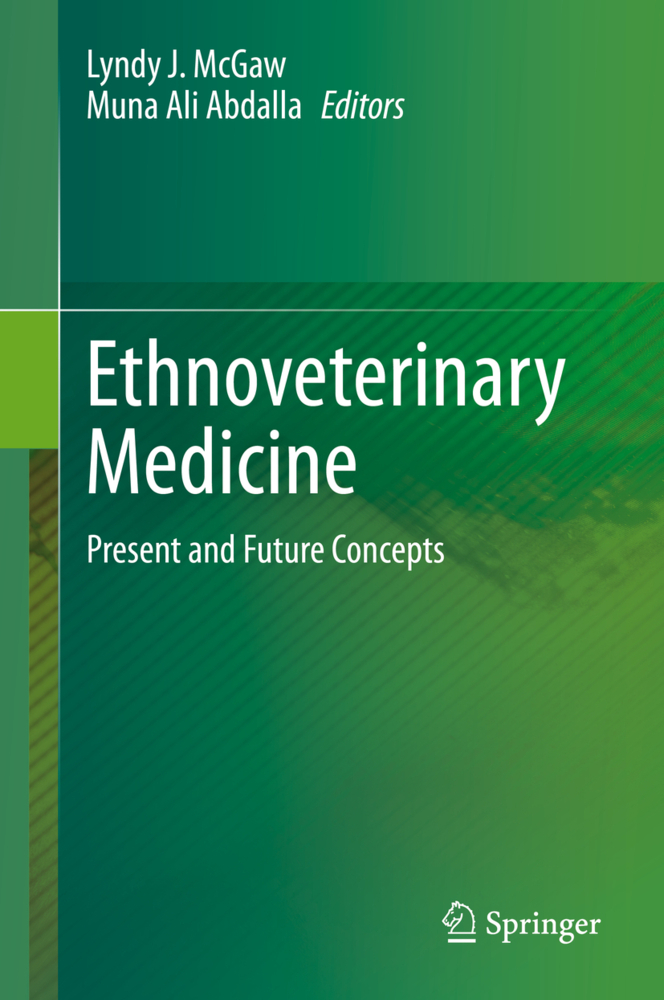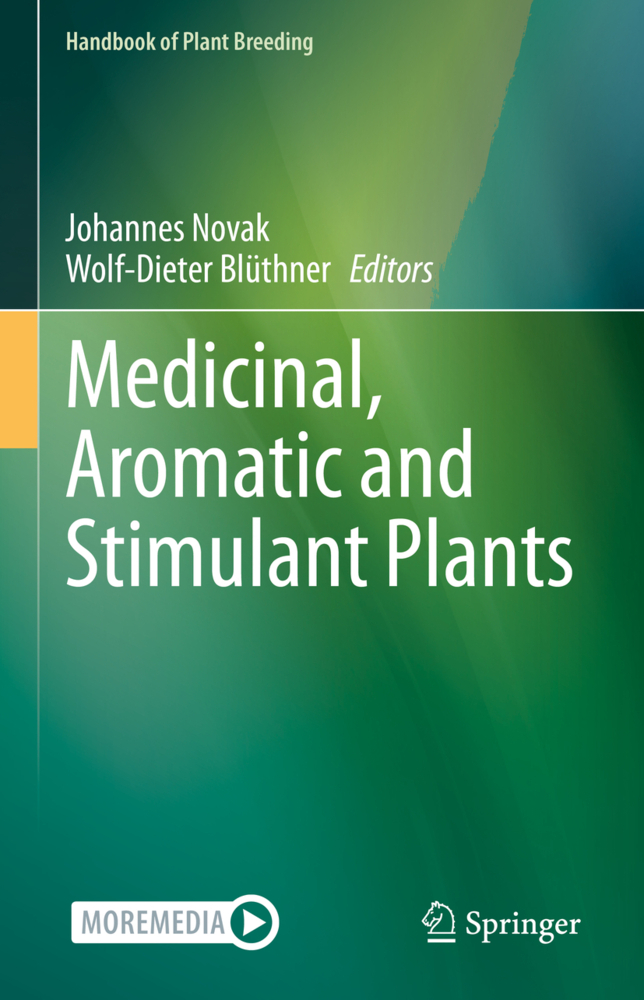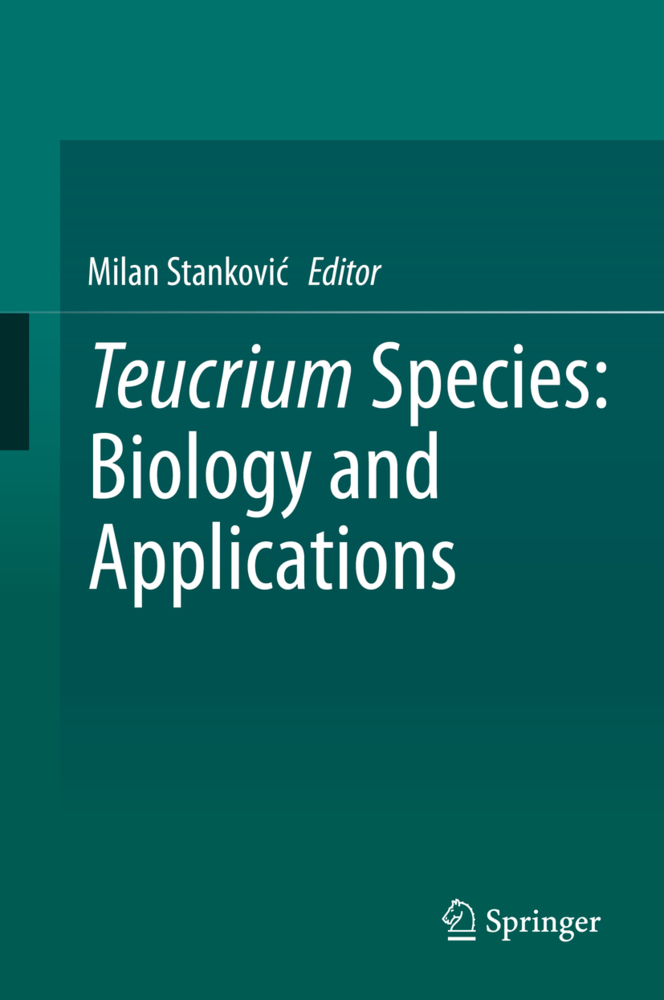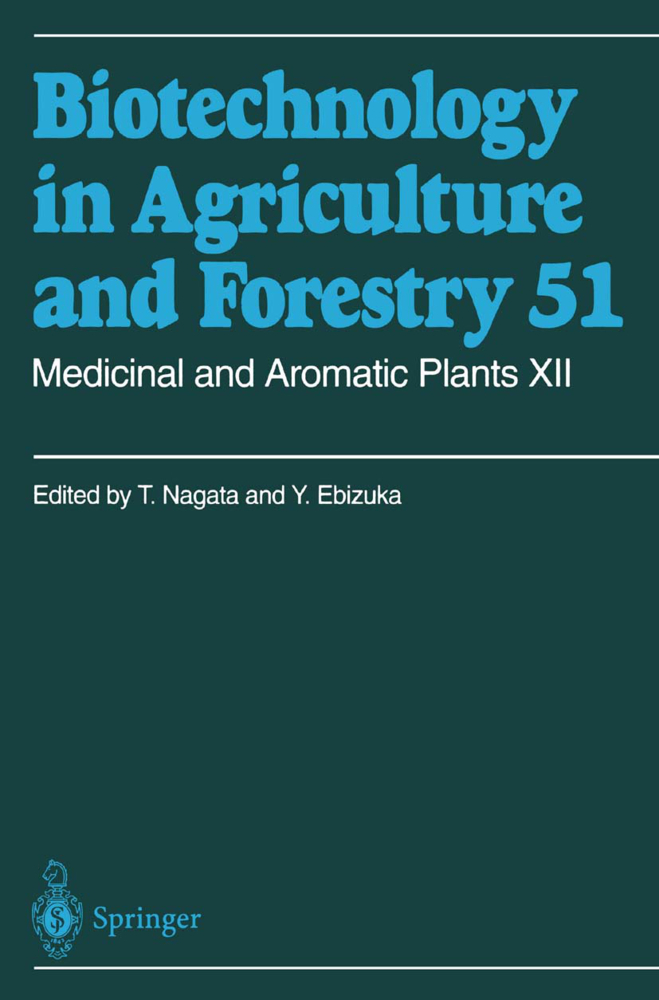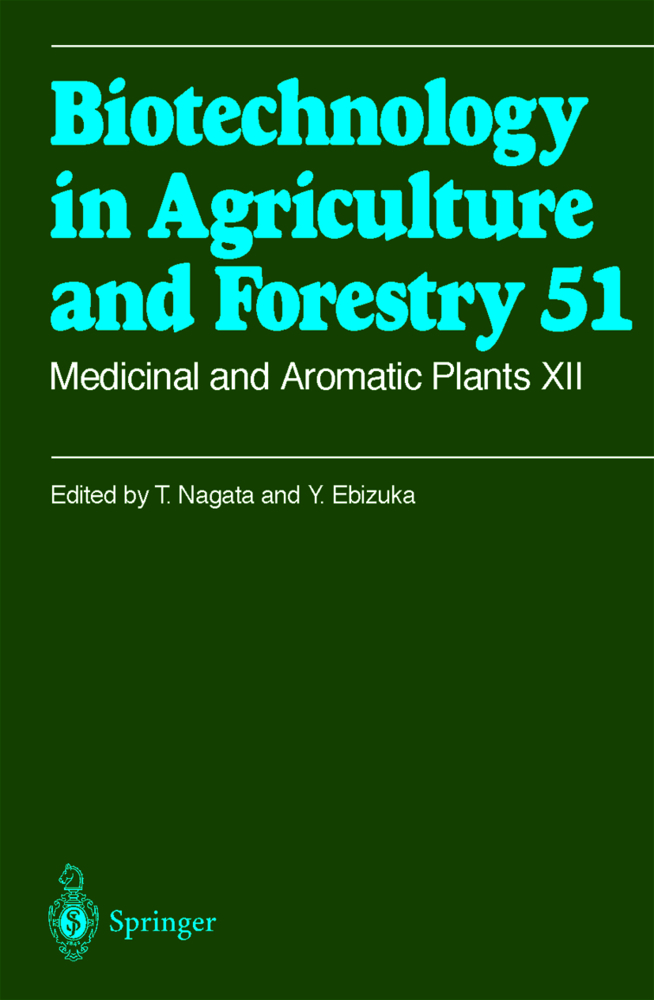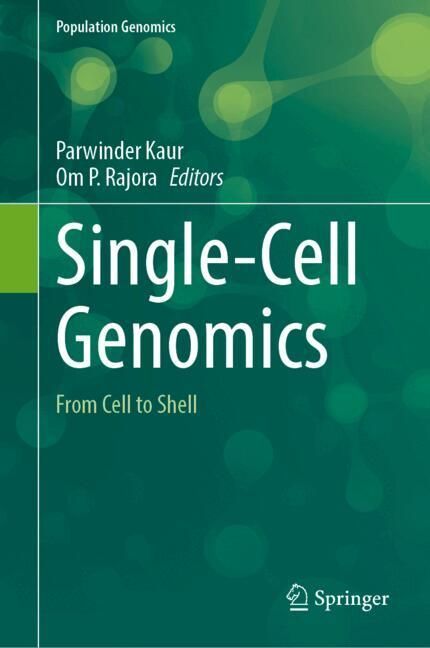The goal of this book is to provide essential information on the use of different medicinal plants and their secondary metabolites for the treatment of various fungal diseases affecting human beings, animals and plants. It is divided in four parts: Part I examines the global distribution of plant-derived antifungal compounds, Part II deals with antifungal activities of plant metabolites, Part III includes plants used in Ayurveda and traditional systems for treating fungal diseases, and Part IV discusses the use of plant-derived products to protect plants against fungal diseases.
Antifungal Compounds From Latin American Plants
Antifungal Plants of Iran: An Insight into Ecology, Chemistry and Molecular Biology
Antifungal Property of Selected Nigerian Medicinal Plants
Review of the Antifungal Potential of African Medicinal Plants
Natural products as potential resources for antifungal substances - A survey
Recent advances on Medicinal plants with Antifungal Activity
Recent progress in research on plant antifungal proteins: a review
Antifungal Metabolites of Endophytic Fungi
Combining plant essential oils and antimycotics in coping with antimycotic-resistant Candida species
Flavonoids as Antifungal Agents
Antifungal Metabolites from Medicinal Plants used in Ayurvedic System of Medicine In India
Plants Used In Folk Medicine of Bangladesh For Treatment of Tinea Infections
Usefulness of Plant Derived Products to Protect Rice Against Fungi in Western Europe
Plant bioactive metabolites for cereal protection against fungal pathogens
Plant essential oils as antifungal treatments on the postharvest of fruit and vegetables
Fruit processing byproducts as a source of natural antifungal compounds.
Razzaghi-Abyaneh, Mehdi
Rai, Mahendra
| ISBN | 978-3-642-38075-4 |
|---|---|
| Artikelnummer | 9783642380754 |
| Medientyp | Buch |
| Auflage | 2013 |
| Copyrightjahr | 2013 |
| Verlag | Springer, Berlin |
| Umfang | XIV, 469 Seiten |
| Abbildungen | XIV, 469 p. |
| Sprache | Englisch |

